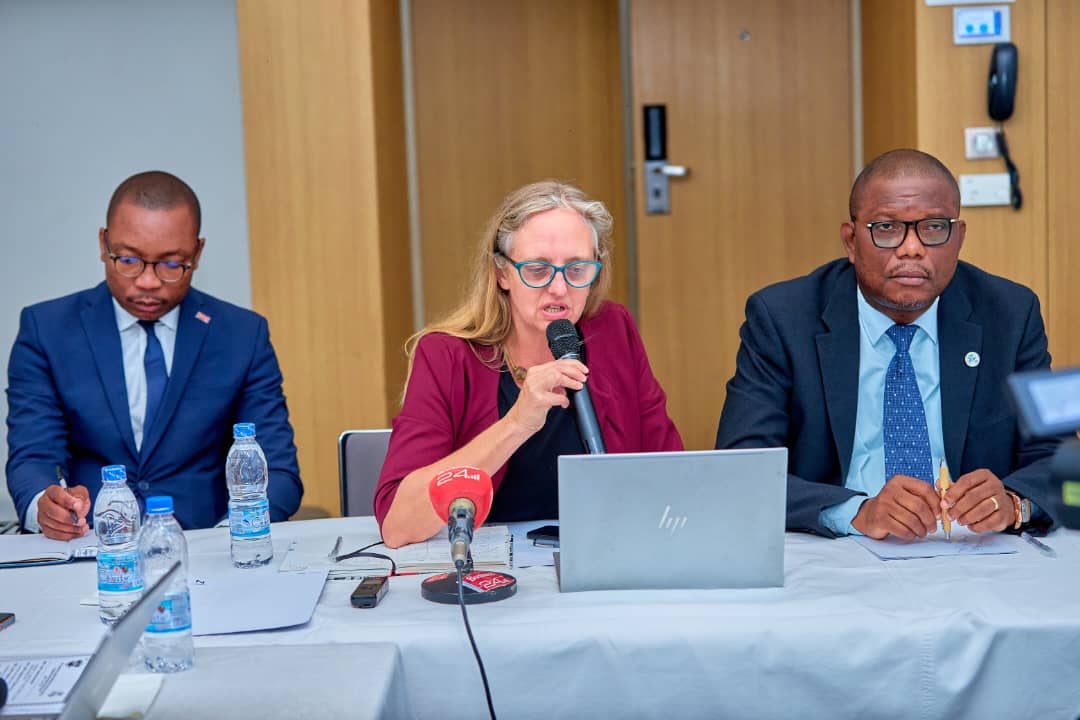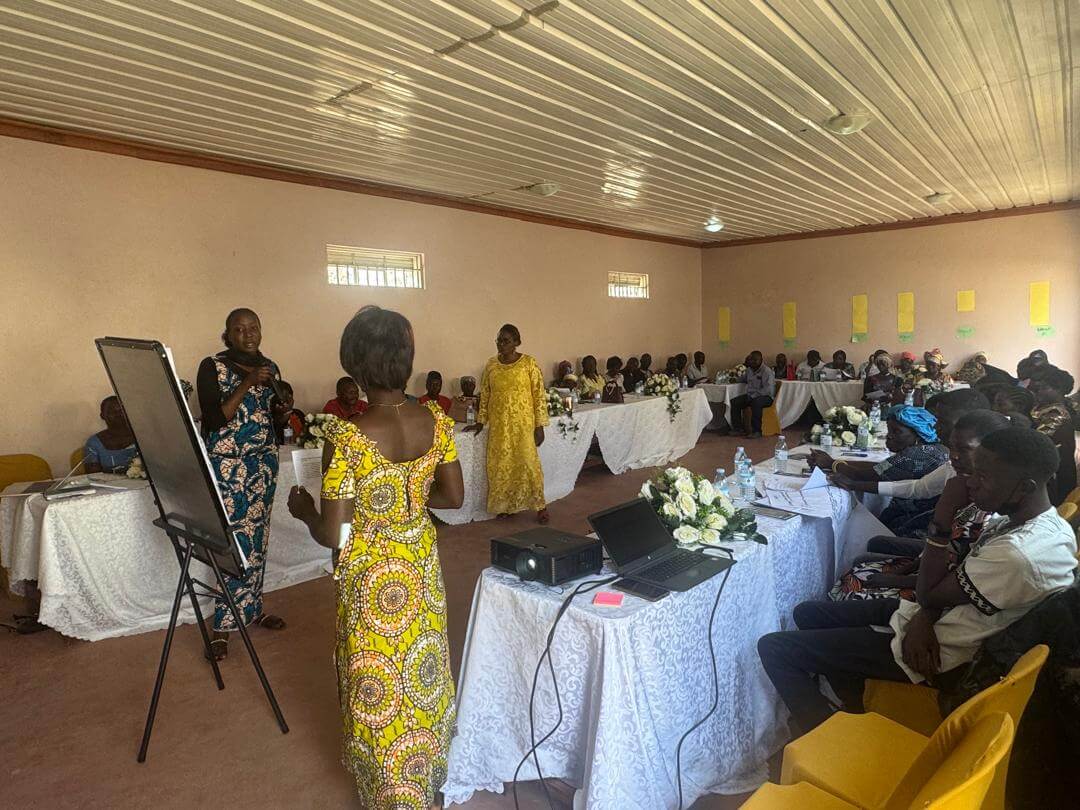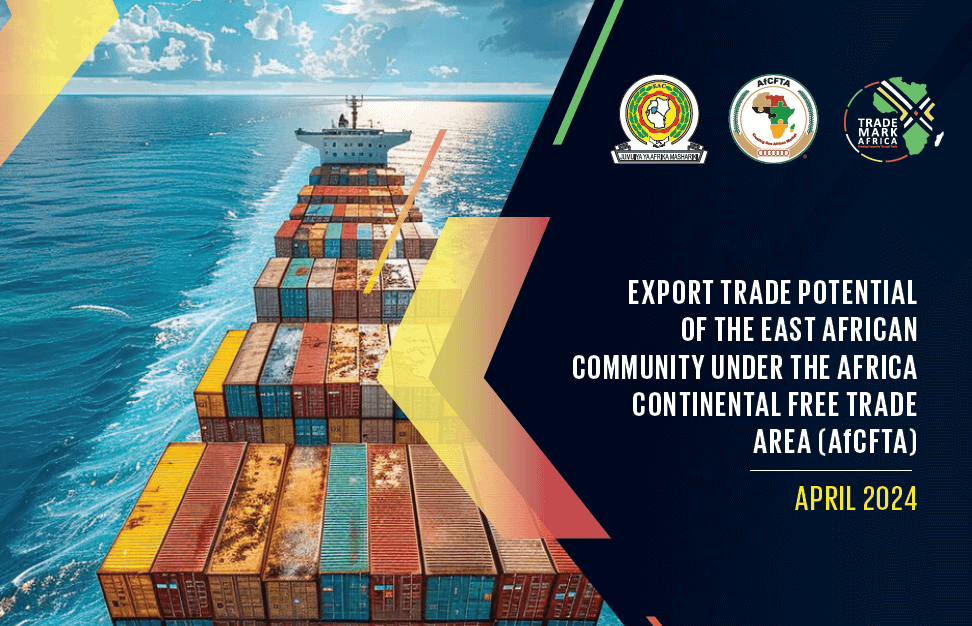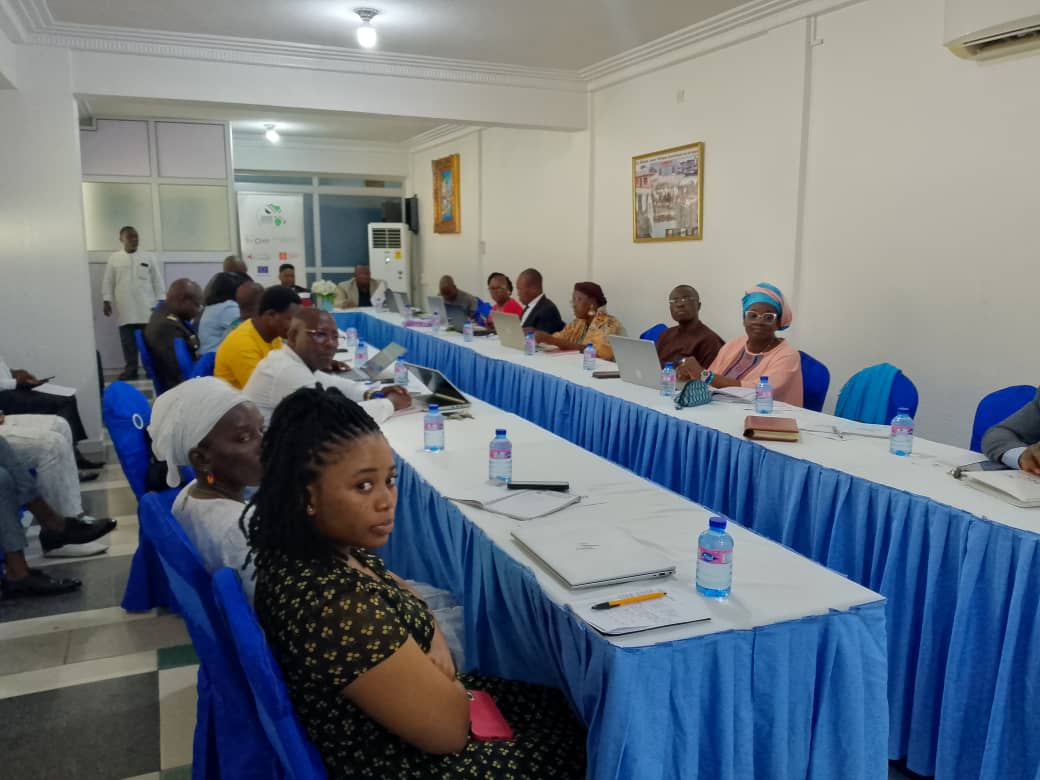The Government of Uganda has affirmed its commitment to supporting efforts for transforming the country’s fisheries sector through a stronger focus on commercialisation, sustainability and inclusive growth. Uganda’s Ministry of Agriculture, Animal Industry and Fisheries (MAAIF) Permanent Secretary, Maj. Gen (Rtd). David Kasura made the remarks during a meeting with representatives of the AfCFTA Private Sector Development Unit (AfCFTA-PSU) and TradeMark Africa. The two organisations, alongside Mastercard Foundation, are partnering on the 4-year Women and Youth Economic Empowerment in Fisheries Programme, which is designed to unlock economic opportunities across the fisheries which chains. The TradeMark Africa was represented by Anataria Uwamariya, Director for Business Competitiveness and George Wamae, Programme Manager, while the AfCFTA-PSU was represented by Komla Bissi, Agriculture Lead and Florence Sinyangwe, Women, Youth and MSMEs Lead. Maj. Gen (Rtd). Kasura welcomed the initiative, highlighting that the fisheries sector remains one of the most important economic players in Uganda after coffee, contributing significantly to national food security and employment. However, he underscored that the core challenge lies not in trade but in production, emphasising the urgent need to scale up productivity through responsible practices and fishing technologies that safeguard lake ecosystems. “The lakes are dying gradually due to increased human activities such as pollution and overfishing,” he noted stressing the urgent need to improve productivity by promoting responsible fishing practices, deploying eco-friendly technologies and increasing investments in sustainable aquaculture. “If you do not support the aspirations of young people, who constitute about 78% of the Ugandan population and who are...
Uganda Rallies Behind Regional Fisheries Transformation Programme for Women and Youth in Africa
Posted on: May 16, 2025
Posted on: May 16, 2025
























